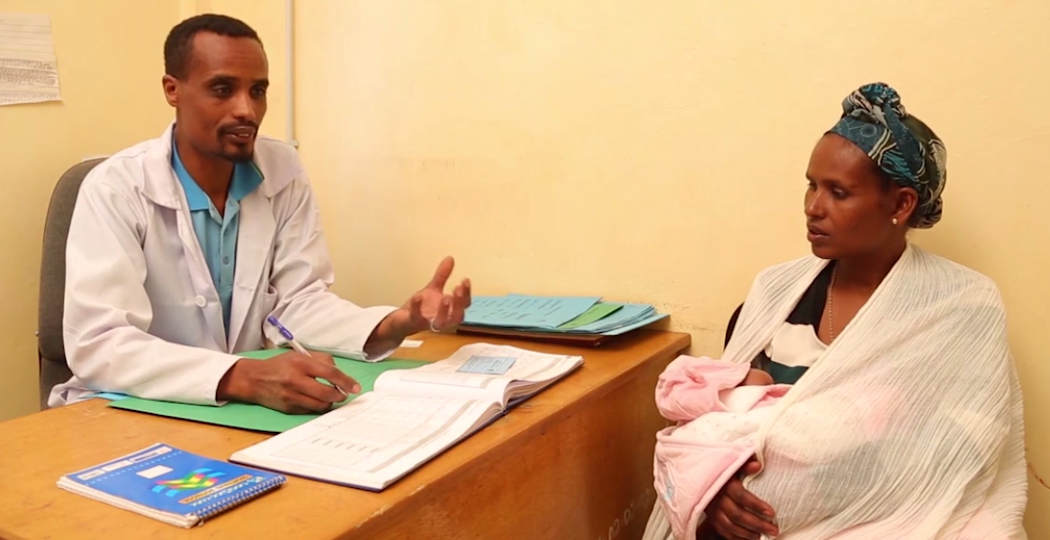Context
In 2016, Ethiopia experienced its most serious internal political unrest since 1991. Mass protests took place and were often suppressed by the government. Foreign businesses, including Dutch companies, were also attacked. The announcement of a state of emergency in October gave the government far-reaching powers to restore order. The Netherlands has responded by intensifying the dialogue with the Ethiopian government. Where possible, the embassy assists the government in addressing the root causes of the unrest, such as lack of good governance and youth unemployment. Ethiopia’s persistent food insecurity (last year saw the worst drought in 50 years) and the related high population pressure remain key challenges. The effective government response, aided by the international community, has prevented famine. Youth unemployment may also result in further emigration. The government is now prioritising job creation. The embassy is looking for ways to support these efforts and is merging development co-operation with economic diplomacy, most prominently in the agriculture sector. This combination fits in well with the Ethiopian commitment to transform the country and achieve inclusive growth and poverty reduction, within which a path towards accelerated economic and social development is outlined.





